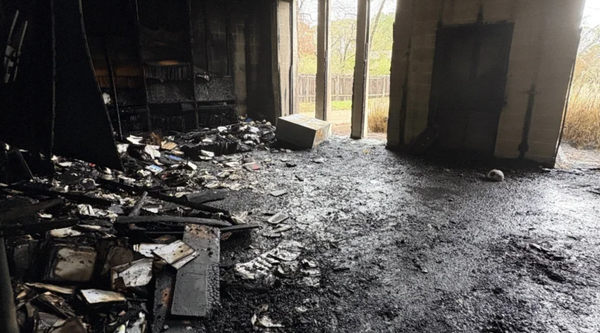
Texas Governor Greg Abbott oversaw a largely symbolic vote to track down and arrest Democratic legislators who fled the state to avoid participating in a special legislative session.
Former President Donald Trump had openly urged Governor Abbott to push through new redistricting efforts based on demographic shifts that would presumptively benefit Republicans in the upcoming midterm elections. According to a CNN special feature, Democrats are no longer simply rolling over — instead, they’ve decided to challenge Trump using tactics he understands: by being just as unorthodox.
Now, Democrats are embracing strategies just as controversial as those previously employed by the GOP. First, Trump’s frequent adversary, California Governor Gavin Newsom, has proposed redistricting California to mirror Texas’s approach. Meanwhile, in Texas, Democratic legislators — despite lacking the numbers to outright block the GOP’s plan — have decided not to let it pass without resistance.
The BBC reports that Abbott’s plan involves creating five new Republican-leaning seats in the U.S. House of Representatives. The backlash to Trump’s recent unpopular “megabill” signaled that his slim majority might not be enough to push through his full agenda — especially with the midterms looming and Republican lawmakers facing open criticism at town halls for their blind support of the MAGA movement.
Under Texas law, redistricting can only occur with a vote in the 150-member state legislature, and a two-thirds quorum is required. In response, 50 Democratic lawmakers left Texas for Illinois and other Democrat-led states, effectively blocking the vote for two weeks until the special session expired.
Governor Abbott fired back, accusing the Democrats of abandoning their duties. Republican lawmakers then voted to authorize law enforcement to track down and arrest the absent legislators. In a stern statement, Abbott ordered authorities “to locate, arrest, and return to the House chamber any member who has abandoned their duty to Texans.” The Democrats, however, remain defiant. Moreover, the arrest warrants only apply within Texas state lines.
Traditionally, Democrat-led states like New York and Colorado have assigned redistricting to nonpartisan commissions. But according to the Princeton Gerrymandering Project, that era is fading. Even states like Illinois and New Mexico, once committed to neutrality, are now engaging in the time-honored practice of partisan gerrymandering.
When asked about this strategic pivot, Governor Newsom told reporters: “Things have changed. Facts have changed. So we must change. We have got to think anew. We have got to act anew. And we are reacting to the change — they have triggered this response, and we are not going to roll over.”
Texas remains central to the GOP’s midterm strategy. Should they succeed in redistricting in time, Trump is expected to bolster his narrow majority in the U.S. House, allowing him to push through his legislative agenda with little opposition for the remainder of his presidency.
If the Republicans lose the House, however, Democrats will be in a position to effectively block Trump’s agenda and make the final two years of his term more palatable to Democratic voters. What’s surprising, though, is the aggressive strategy now being employed by the Democrats — something few expected, not even Trump himself.







